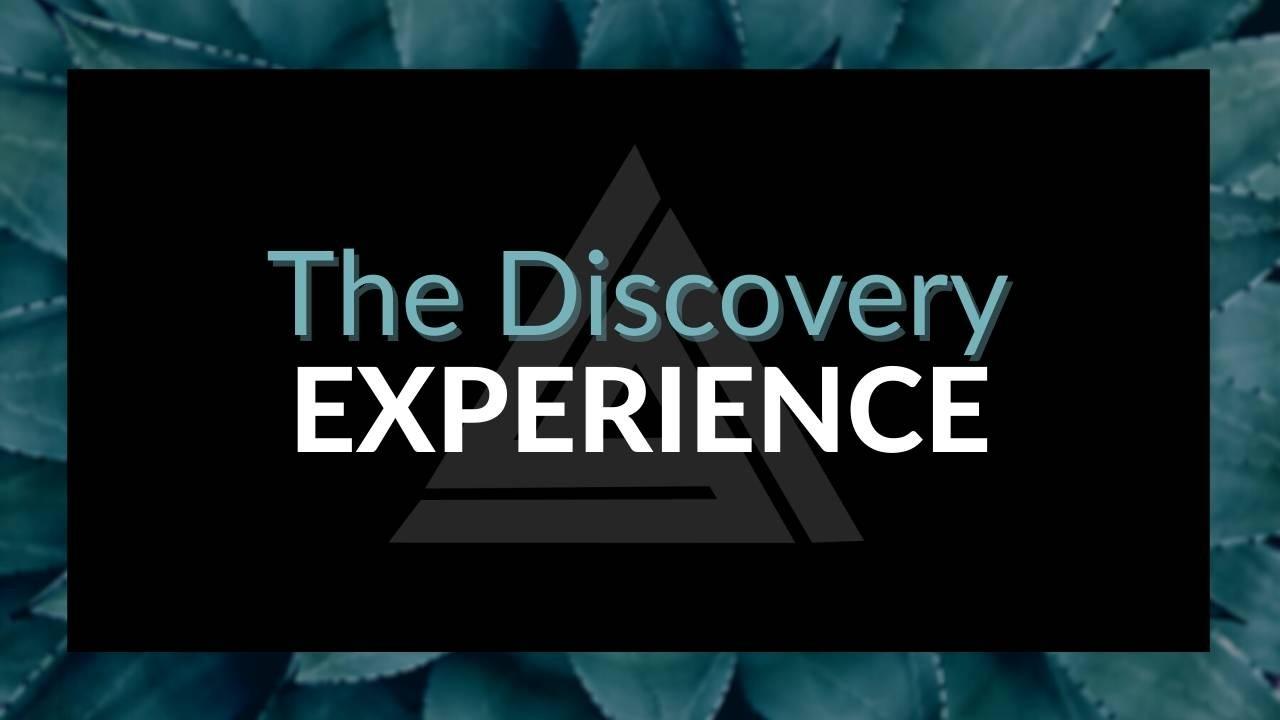THE ART OF THE CHECKLIST

In his book, The Checklist Manifesto, Atul Gawande talks about the collective vision we have of our professional heroes. We herald the dare-devil test pilot and the intrepid astronaut risking their lives and defying the odds. We envision the surgeon called in last minute to save a life through a combination of instincts, wit and skill.
The world has changed and the heroic pilot, astronaut, surgeon and, dare I say, financial advisor are no longer swashbuckling characters with guts and all the answers. They are professionals who work in complex fields where the vast knowledge required is beyond a single person's ability to wield and who depend on support teams to successfully complete their missions.
In this new environment, we need tools to navigate the complexities of our work. We need frameworks to organized our teams around. The most usable and elegant tool at our disposal in our quick moving, high-stakes work is the humble checklist.
But as Atul accurately points out, "We don't like checklists. It somehow feels beneath us to use a checklist, an embarrassment."
With Atul Gawande's help, I want to explore how our ego gets in the way of our adoption of checklists and how they can have a positive effect both on our work with clients and our integration as a team.
CHECKLISTS & THE EGO
In my work with advisors, they are often enamored with the marketing side of the processes, but less eager to implement the "Worksheets" (aka checklists) I provide. They say things like…
People hire me because of my credentials. I am a professional and I know my stuff.
Yeah, I know you are good, but in a world as vast, complex and ever changing as ours, can you really keep it all top of mind? Atul says, "The volume and complexity of what we know has exceeded out individual ability to deliver its benefits correctly, safely or reliably." And I agree with him!
I have been doing this for (x) years, I don't need a checklist any longer!
I got my CFP® in 2008. Can you really suggest that I remember everything perfectly all these years later? Or that nothing significant has changed? As Atul says, "(Checklists) catch mental flaws inherent in all of us-flaws of memory and attention and thoroughness."
CHECKLISTS & CLIENTS
If you have been around a while, you know that this is a people business and the most successful advisors have the ability to connect and build trust quickly. Advisors who love people say things like this…
What I do is an art, not a science, It can't be reduced to a checklist.
To that I will reply with a quote from Atul, "Under conditions of complexity, not only are checklists a help, they are required for success. There must always be room for judgment, but judgement aided-and even enhanced-by procedure." When the checklist takes care of the concrete steps, we can focus our energy on using our judgement more judiciously.
I want to connect with the person across the table from me. A checklist turns me into a robot.
The ultimate irony is that by depending on a checklist, you can be more human! Atul put it well when he said,
"The checklist gets the dumb stuff out of the way, the routines your brain shouldn't have to occupy itself with and lets it rise above to focus on the hard." I would suggest the hard stuff in our job is reading between the lines and understanding the complexities of the person in front of us!
CHECKLISTS & TEAMWORK
As I mentioned at the beginning, our vision of a professional hero is a maverick. The modern practice requires more than just a Rain Maker with sycophant minions. We need a team of people who think for themselves and are empowered to speak up! Some advisors say things like…
I lead the team. They just need to do what I tell them to do, because I am the professional.
Checklists and processes are a modern form of leadership. Atul makes the point that, "Just ticking the boxes is not the ultimate goal here. Embracing a culture of teamwork and discipline is." Without teamwork and discipline, things will slip through the cracks and our client service will suffer.
They look to me for leadership. Without direction, they won't know what to do.
It is amazing what happens when you truly empower someone and expect them to step up to the plate. One of the items on our checklist is to do pre-briefs prior to our client meetings and I have witnessed what Atul calls the "Activation Phenomenon." "Giving people the chance to say something at the start seems to activate their sense of participation and responsibility and their willingness to speak up." When people know that they are expected to participate and that they will be heard, it really does challenge them to bring their A game.
Checklists aren't sexy and most advisors would rather skip over this step of building a profitable, purpose-driven business. They want to focus on client acquisition and assets under management. But the key to building a real business that delivers on all of the promises you make to clients lies in the humble checklist.
I hope you will consider using checklists to help you become a better advisor and leader in your practice.
With Purpose,
-Lucila
If Atul Gawande has sold you on the idea of the checklist, but you want to know HOW to implement them in your practice, you should join me for a two-month private coaching package designed for financial advisors.
In The Discovery EXPERIENCE, you’ll learn how to deliver an emotionally significant initial experience—and get hired for advice by the right clients in just one meeting.
Secure your place today and make your next first meeting a success.


